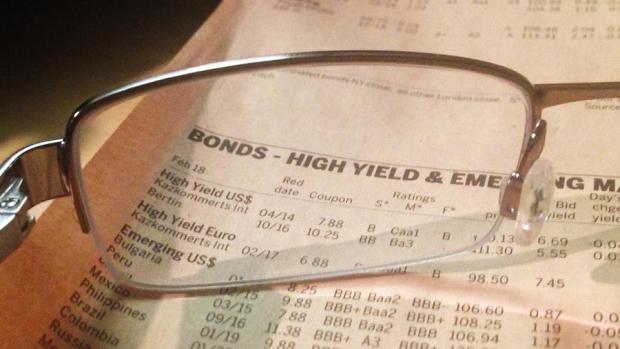
The U.S. Treasury held its first major bond auction since Fitch Ratings lowered its triple-A credit grade for long-term U.S. debt last week and attracted solid foreign interest ahead of Thursday's key July inflation report.
The Treasury sold $38 billion in 10-year notes at a high auction yield of 3.999% Wednesday as bidders snapped-up the first new benchmark paper since May in the first jumbo auction since the Treasury increased its quarterly refunding tally to around $103 billion from its prior aim of $96 billion.
Investors bid $2.56 for every $1 of 10-year notes on offer from the Treasury, auction data indicated, a firmer tally than the 2.53 'bid-to-cover' ratio recorded at the last auction in July, when the yield was 3.857%, and the highest since February of last year.
Prices and yields in the bond market move in opposite directions, making today's paper cheaper than it was in early July. Foreign buyers, the data indicated, took down around 72.2% of the sale, down from the 79.5% figure reported in July -- which was the strongest uptake in more than two decades -- but firmly ahead of the near-term average of around 67.7%.
U.S. stocks pared declines in the wake of the auction results, with the Dow Jones Industrial Average marked 74 points lower on the session and the S&P 500 down 14 points.
Benchmark 10-year notes edged lower, to 3.990% in the wake of the auction, while 2-year notes were pegged at 4.777%. The U.S. dollar index was marked 0.04% lower at 102.487 against a basket of its global peers.
The solid results suggest investors were not at all phased by last week's Fitch downgrade, which lowered its long-term U.S. debt rating by one notch, to AA+ from AAA.
Fitch defended the decision, noting that congressional standoffs over the country's $31.4 trillion debt ceiling, "along with several economic shocks as well as tax cuts and new spending initiatives," will likely lead to expanded deficits and a heavier debt-servicing burden for the country and its taxpayers.
Higher Federal Reserve interest rates, a weakening economy and stubborn inflation will compound these conditions, Fitch said, adding that the government "lacks a medium-term fiscal framework, unlike most peers, and has a complex budgeting process."
Still, with tomorrow's headline inflation rate likely set to rise to 3.3%, from the two-year low of 3% reported in June, the impressive investor appetite also suggests fixed income traders -- who are acutely sensitive to interest rate risks -- are consolidating bets that the Federal Reserve is close to the end of its policy tightening cycle.
The CME Group's FedWatch is pricing in only a 13.5% chance that the Fed will increase its benchmark lending rate by a quarter of a point next month, down from 24.5% a month ago, with no more than a 30% chance of a similar hike between now and the end of the year.







